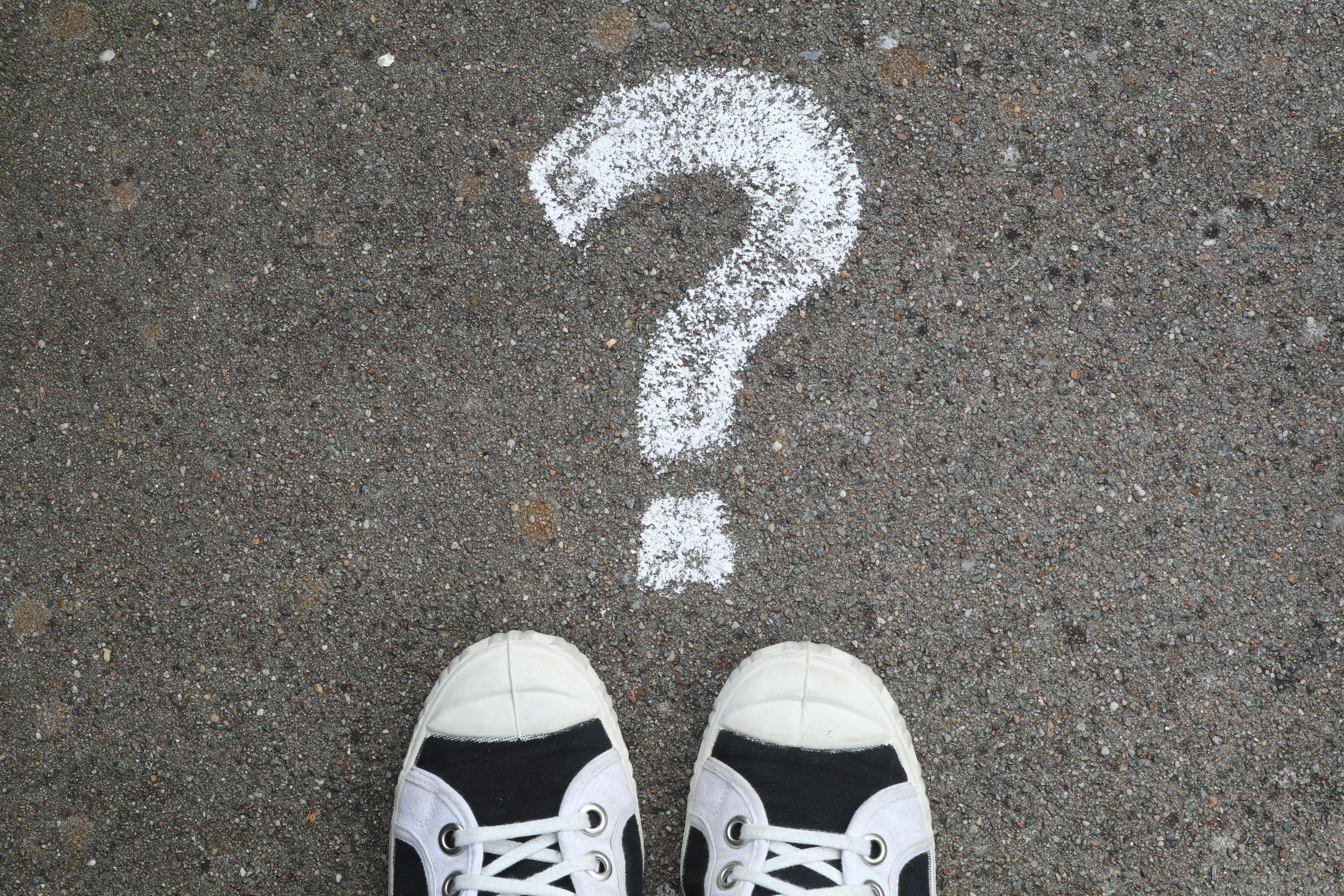Lesson: Asking Simple Questions

Activity I: Vocabulary
- What – used to ask for information about something
- Where – used to ask about a place or location
- Who – used to ask about a person or people
- When – used to ask about a time or occasion
- Why – used to ask for a reason or explanation
- How – used to ask about a way or manner
- Is – a form of the verb "to be," often used in simple questions
- Are – another form of the verb "to be," used with plural subjects or "you"
- Do – an auxiliary verb used to form questions in the present simple
- Can – used to ask about ability or possibility
Activity II: Reading
Asking simple questions is one of the first steps in learning to communicate in English. These questions help us get basic information and start conversations. They often begin with question words like "What," "Where," "Who," "When," "Why," and "How," or with helping verbs like "Is," "Are," "Do," and "Can."
Questions with "What" ask about things. For example: "What is this?" or "What are you doing?"
Questions with "Where" ask about places. For example: "Where is the market?" or "Where are you from?"
Questions with "Who" ask about people. For example: "Who is that?" or "Who are your friends?"
Questions with "When" ask about time. For example: "When is your birthday?" or "When do we start?"
Questions with "Why" ask for reasons. For example: "Why are you happy?" or "Why is the sky blue?"
Questions with "How" ask about the way something is done or about a condition. For example: "How are you?" or "How does this work?"
Questions with "Is" or "Are" are often used to ask for confirmation or to describe something. For example: "Is this your book?" or "Are they students?"
Questions with "Do" are used with most verbs in the present simple. For example: "Do you like coffee?" or "Do they live here?"
Questions with "Can" ask about ability. For example: "Can you speak English?" or "Can we go home now?"
Practicing these simple questions will help you feel more confident when speaking English and understanding others.
Activity III: Role Play (Asking About Objects)
Instructions: Practice the dialogue with a partner. Imagine you have some objects in front of you. Take turns being A and B.
Activity IV: Let's Practice
Have a chat with your teacher and practice asking simple questions.
Try to use all the question words and helping verbs from the vocabulary list. Ask about their day, their family, their hobbies, or anything else you're curious about.